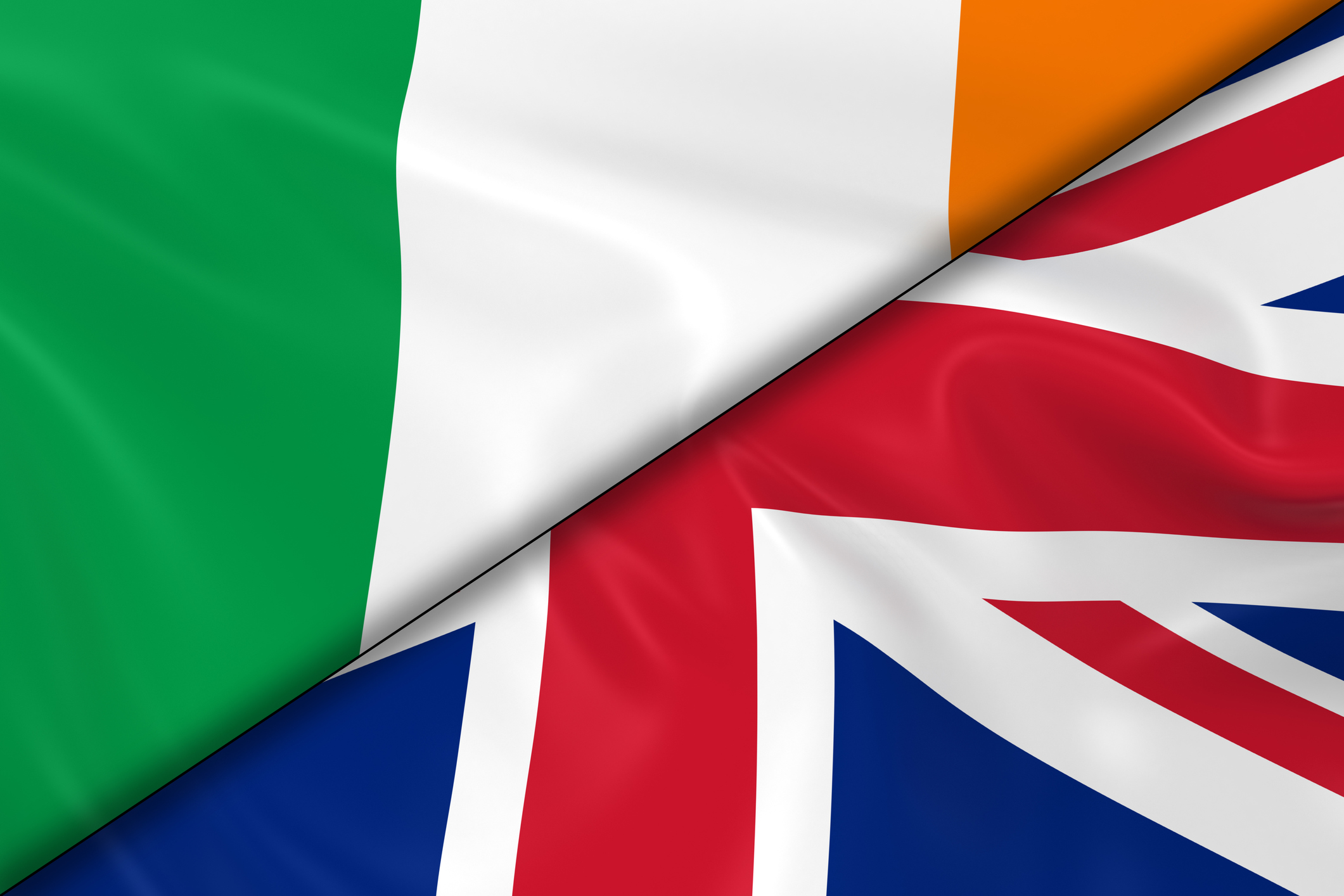The Good Friday Agreement is 20 years old. It delivered peace and stability in Northern Ireland because it enabled both of the traditions in Ireland to co-exist and to pursue their aims through the political process.
Peace replaced war because war was unwinnable and because - after 30 years, 3600 deaths and 30,000 either injured or imprisoned - the population had become weary of civil strife. If you are under the age of 45 it is hard to have a clear memory of The Troubles and if you are much less than 60 memories of the IRA campaign in England during the 1970s will by hazy. And while everyone with any sense wants to leave The Troubles firmly in the past, if we forget entirely then we run a serious risk of revisiting them. This is why we should always commemorate the end of conflicts, not the start.
The border between the six counties of Ulster that form Northern Ireland and the Republic of Ireland was drawn with divisive intent, was divisive in practice, and became a focus for conflict. The removal of the border under the rules of the EU single market has enabled trade and made the lives of those who live nearby sensible - be it on crossing the border to see family members, or for hospital treatment, or simply to go to a football match. Like many of the land borders elsewhere in the EU, it really doesn’t matter. Because it doesn’t matter, the Republican tradition can live with it. Because it is theoretical, the Unionist tradition can live with it. Making it matter again would be a disaster.
Nobody in Ireland wants to go back to violence - least of all many of those who were directly involved in the last conflict. But in this respect it is important to understand that The Troubles did not start with mass demonstrations about civil rights. They started with a single shot*, they escalated through the dangerous talk of opportunist populists and sectarian revenge killings, they grew into vigilante groups ‘protecting their communities’ and civil disorder into which the British Army was drawn, first as peacekeepers but after a series of catastrophic mistakes as combatants in an unwinnable guerrilla war. The great majority didn’t want it then and nobody wants it now, but to pretend it could not happen is reckless and ignores the lessons of what has gone before. 20 years in the history of Ireland is no time at all.
So, in its practical effect, Brexit is a clear, if not immediate, threat to the peace of Ireland. Theresa May’s coalition deal with the DUP does what the Good Friday Agreement had carefully ruled out - it gives a single party within one of the traditions an effective veto over any progress. Not only has the DUP chosen to ignore the view of a very large majority of the population of Northern Ireland in the June 2016 referendum, but it also chooses to ignore the view of the same population on the Good Friday Agreement itself. Yet while they claim to be loyal to the United Kingdom, they cling to a set of unequal and discriminatory laws unique to the six counties on legal abortion and same sex marriage, driven by their sectarian fundamentalism.
In the European Parliament the protection of the Good Friday Agreement and maintaining an open border if Britain finally leaves the EU is of paramount importance. The EU is a peace project and, with the support of Labour MEPs, is committed to defending, throughout the Brexit process, the mechanism that has made the miracle of peaceful co-existence in the north of Ireland possible.



